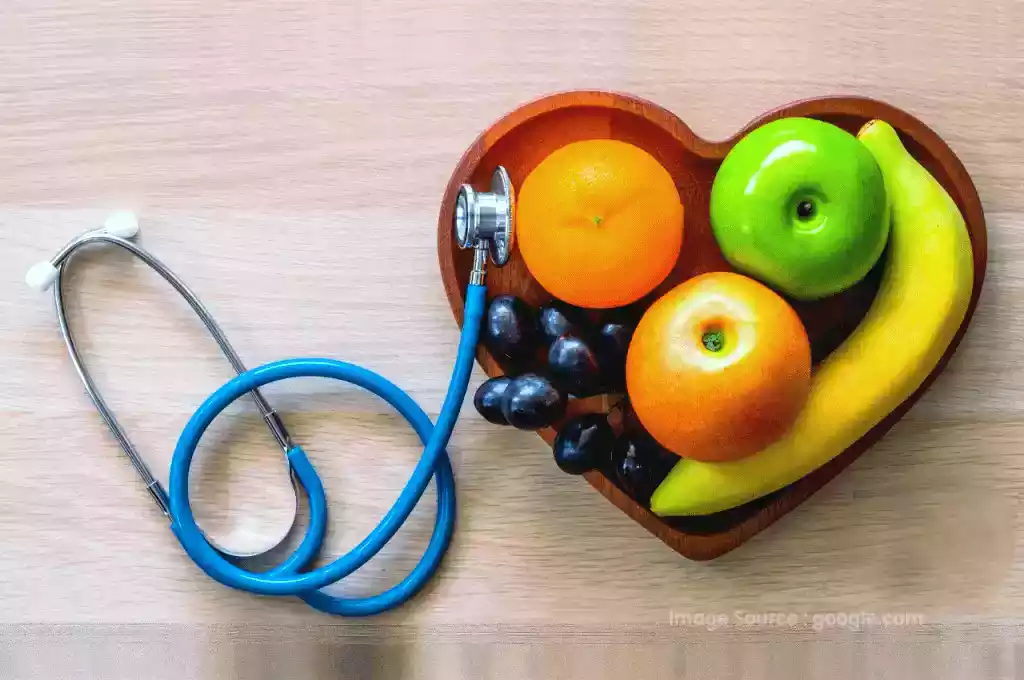A common question people have about joint swelling is why their primary care physician (PCP) cares about their food and diet. After all, you’re talking about your bones, not your heart! While many mistakenly think they need to address their condition with prescriptions and possibly medical procedures, there’s something surprising you can do – you can actually amplify your seriousness and work on the disease’s progression by solely focusing on your diet and nutrition.


Table of Contents
Reasons to Talk to Your PCP About Your Nutrition Can Help You Set Reasonable Goals
Despite the apparent disconnect, what you eat truly becomes a part of you. It’s essential to consider the immense impact it can have.
Joint Pain and Diet
One of the most important things you can do right now is to become more fit to better manage joint swelling. Even if you’re not overweight, shedding a few pounds can offer numerous benefits. If there’s joint swelling in your hips and knees, losing weight will help reduce the strain on these joints. Instead of insisting on lifting extra weight, the joints are under less stress, allowing them to function better when all is said and done. You’ll find that weight loss is a significant component of getting your body back in shape.
Moreover, you might need to check on your sustenance level. If you’re consuming sources of food that don’t serve you, you’re not providing your body with what it needs to perform at the level you’re asking of it. Remember, the body is like a team, and if there’s a weak link, like in the case of rheumatoid joint pain, it becomes a hurdle in the chain, requiring additional support to overcome. The body is striving to mend the damage, and consistently, if it doesn’t receive what it needs to continue this work, it struggles.
What to Do?
Considering that diet and food play a pivotal role in your joint pain conditions, making significant improvements can enhance your well-being and health. First and foremost, the supplemental level you’re getting should be expanded.
To do this, incorporate more plant-based foods into your diet. Think about the vast array of nutrients, including cellular reinforcements, that you get from plant-based foods. Also, include lean proteins and whole grains in your diet.
Here, you’re dealing with a tough but worthwhile task of shedding a few pounds. However, these two aspects are crucial to provide your body with all it needs to sustain your well-being and prosperity.
Also Read : How much protein should a gym goer take in 1 day?
Leg Day Dedication: Virat Kohli’s Secret to Success
Diet and food can help alleviate your issues. Simply losing a few pounds can help. If you do this through exercise, you can also build muscles near the affected area, which can aid in alleviating the pain you’re experiencing and contribute directly.
As should be evident, diet and food can’t outright cure the discomfort of joint swelling. Additionally, you’ll need to consider other available treatment options. Joining support groups can also offer various benefits and relief.



